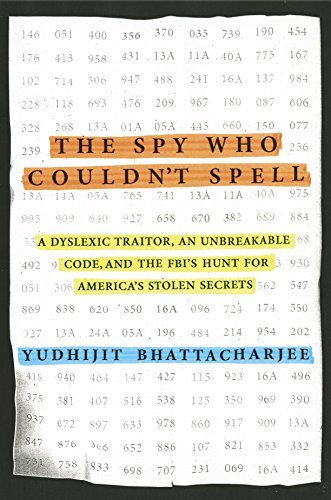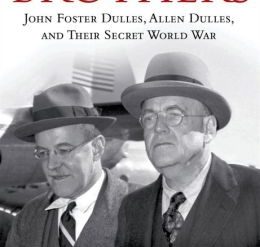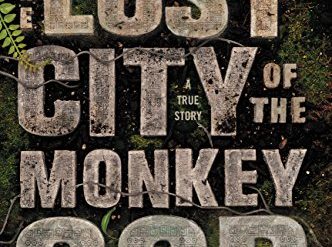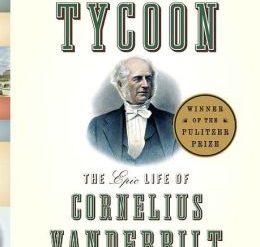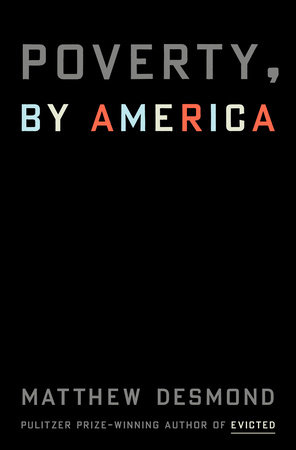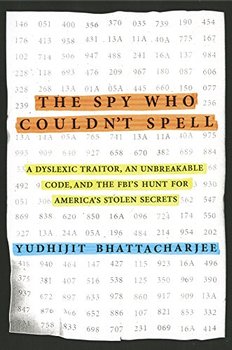
You might be amazed at the number of Americans who have been convicted of spying against the United States over the past century. I certainly was. Wikipedia catalogs a total of 67. Nearly half that number (32) had committed espionage on behalf of the Soviet Union. Another five spied for Russia, including former CIA officer Aldrich Ames and former FBI agent Robert Hanssen. But when Americans think about treason, the names that are most likely to surface are Edward Snowden and Chelsea Manning. Of course, Snowden was never tried for any offense, and Manning was convicted of violating the Espionage Act by sharing classified and sensitive documents with WikiLeaks, not with any foreign power.
The name Brian Patrick Regan is little remembered. Yet just after the turn of this century Regan “pulled off the biggest heist of classified information in the annals of American espionage” before Edward Snowden. He was “the first spy to exploit digital access to American defense secrets on a massive scale.” Regan’s theft of documents in 1999-2001 from the CIA, NSA, and National Reconnaissance Office (NRO), his employers, represented a bigger threat to American security than anything that had occurred in the 20th century.
Some might argue that the theft of atomic secrets in the 1940s was more serious, but the Americans convicted of espionage for that crime were minor players compared to German physicist Klaus Fuchs, who was tried and convicted in Britain, not the US.) Journalist Yudhijit Bhattacharjee tells Regan’s amazing story in a spellbinding book, The Spy Who Couldn’t Spell: A Dyslexic Traitor, an Unbreakable Code, and the FBI’s Hunt for America’s Stolen Secrets.
The Spy Who Couldn’t Spell: A Dyslexic Traitor, an Unbreakable Code, and the FBI’s Hunt for America’s Stolen Secrets by Yudhijit Bhattacharjee (2016) 298 pages ★★★★★
Technically, Regan was convicted of attempted espionage, because he never succeeded in transferring any secret documents to the three countries he hoped would enrich him: Libya, Iraq, and China. He had downloaded and printed thousands of pages of documents and stolen top secret training videos. He had also pilfered a guide to all US surveillance satellites that alone could have compromised American security for decades. As Bhattacharjee so deftly illustrates, Regan failed to score the millions of dollars he sought because he simply wasn’t as smart as he thought he was.
The Spy Who Couldn’t Spell is a blow-by-blow description of the frustrating and protracted investigation spearheaded by the FBI. The author enlivens his tale with colorful detail, not just from Regan’s life but from that of several of the investigators at the FBI, the NSA, and the NRO. Ultimately, the key to their success was the elaborate cryptographic system Regan developed to hide his activities—a system that was so convoluted that Regan himself couldn’t remember how to decode critical portions of it. Bhattacharjee relates the finely detailed technical work that lay at the center of the investigation, and he does so in a lively manner. The book reads much like a novel.
The FBI’s talent, dedication, and elbow grease notwithstanding, Regan was caught because the government got lucky. In his first effort to approach a foreign government, he had naively mailed several documents and a coded cover letter to the Libyan Embassy. An FBI informer snagged the package there and forwarded it to the Bureau. Otherwise, Regan’s scheme might well have gone undetected. He later made other big mistakes. But it’s highly unlikely the FBI would have become aware of them. That package intended for Muammar Gadaffi was his undoing.
For related reading
For other good books about spies and spying, check out Edward Snowden in context: the inside story and 20 good nonfiction books about espionage. You might also be intrigued by The 15 best espionage novels.
This is one of the many good nonfiction books about national security.
You may enjoy browsing through 20 top nonfiction books about history.
For more good books on the history of the US, see Top 20 popular books for understanding American history.
And you can always find my most popular reviews, and the most recent ones, on the Home Page.

